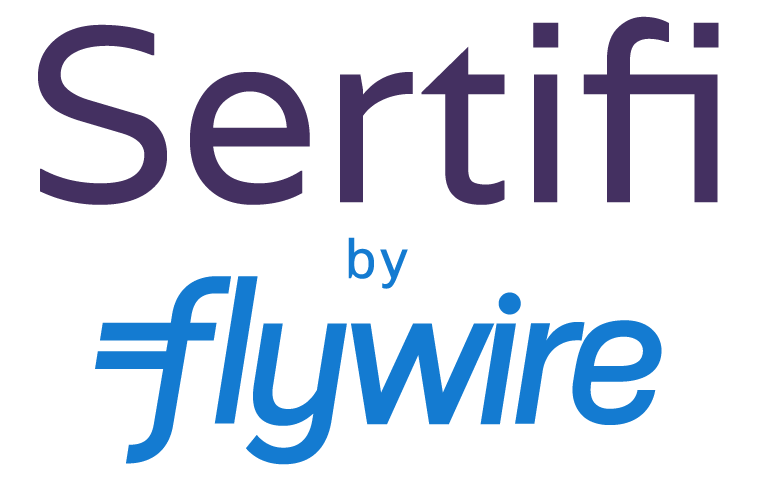Hotel Chargebacks: How to Manage Representment (Chargeback Dispute) Cases
Chargebacks are an increasingly taxing threat on a hotel property’s time and revenue. What’s more, “friendly fraud” is on the rise, in which a card is used in a legitimate transaction, but the guest disputes it with their card issuer afterward for any number of reasons.
Fortunately, hoteliers have an SOS card to respond: representments.
What is a chargeback representment?
To dispute a chargeback, merchants like hoteliers have the option to submit a representment case, in which you share evidence that proves the transaction was approved by the cardholder and completed properly. The representment gets sent to your acquiring bank, the entity who connects you to the card network that assisted in processing the transaction (learn more about the processing players here).
How can I proactively prepare for representment cases?
First, there are a few best practices you can follow to prepare you for evidence gathering:
-
- While time consuming, maintain a thorough record of all your guests.
- Contact your guest and hear the reason for the chargeback from them directly. Sometimes a small overcharge or incorrect line item could cause them to ask for a complete refund from their bank, so you may be able to resolve it and issue a smaller refund directly.
- Get familiar with chargeback reason codes so you can understand the type of cardholder dispute you’re dealing with. This in turn helps you determine which evidence to compile.
Chargeback reason codes vary by the credit card company.
For example, Visa organizes their chargeback codes by categories. Here are codes within their "fraud" category:
-
- Reason Code: 10.1
- Reason: EMV Liability Shift Counterfeit Fraud
- Reason Code: 10.2
- Reason: EMV Liability Shift Non-Counterfeit
Here are some examples for Discover:
-
- Reason Code: UA01
- Reason: Fraud Card Present Environment
- Reason Code: UA02
- Reason: Card-Not-Present Environment
See a complete list of reason codes here.
What evidence is required?
Here’s the list of items that’ll help you build a strong case:
-
- A rebuttal letter summarizing all the evidence you’re submitting.
- A copy of the transaction receipt or order form.
- Copies of communications made with the guest who filed the chargeback.
- Evidence that proves the transaction was approved and authorized by the guest, e.g., a signed document that describes the product or service being purchased.
- Proof that you have cardholder verification enabled, e.g., via 3-D Secure.
- A copy of your refund policy (which should also be easy to find on your website and shared with guests before a transaction is made).
Managing and aggregating information is easier with digital solutions. For example, Sertifi offers a “file certificate” for every folder sent out of our platform (a hotel’s portal) that details every action taken in the folder by both your agent and the guest, timestamping each action and IP address. This document is a helpful detailed overview of the transaction you could include in your chargeback dispute file.
You need to be prompt about filing a representment case, so it’s important you have the right processes and technology in place to collect the evidence quickly.
What happens once you file a chargeback representment?
When the case is received, the acquiring bank sends your representment to the issuing bank, who issued the card used in the transaction. The issuing bank then may accept or reject your evidence.
-
- If accepted, the issuing bank alerts the cardholder their chargeback has been reversed, and you receive the funds as accepted.
- If rejected, and the acquiring bank agrees with rejection, the acquiring bank initiates a refund to the cardholder.
- If rejected, and the acquiring bank disagrees with the rejection, the issuing bank must conduct its own investigation and make the final chargeback decision.
The short story is that it’s a lengthy, time-consuming process that you have very little control over. Ultimately, it’s easiest for the issuing and acquiring banks to side with the cardholder and reject your case, so that’s typically how the process plays out.
Should I always file a chargeback representment case?
It’s worth disputing a chargeback if it relates to fraudulent activity. However, every hotel is different and not all properties have the bandwidth to devote to fighting chargebacks. With every chargeback filed, there’s a risk for lost revenue, so you need to ask yourself if it’s worth eating that cost.
While it’s smart to be prepared to fight chargebacks, it’s even more important to invest in a fraud prevention strategy. That’ll help you minimize your risk of chargebacks altogether. Secure processes and technology can help you stay ahead of chargebacks.
RECOMMENDED GUIDE
Hotel Chargebacks & Fraud Prevention Guide
With a better understanding of chargebacks and how to prevent them, you can protect your property from risky behavior and save hundreds to thousands a year.


